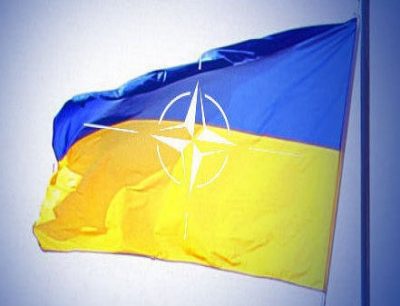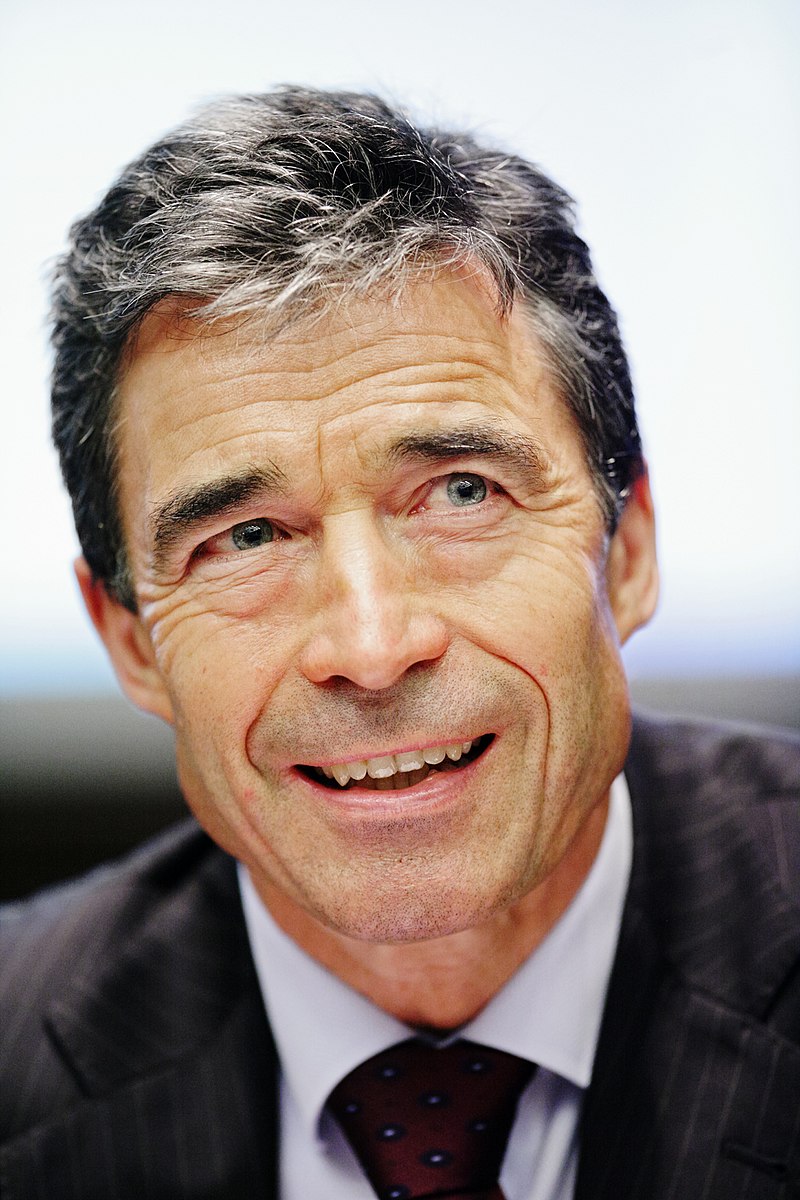NATO Spreading Anti-Russian Misinformation Among Ukrainian Officials

All Global Research articles can be read in 51 languages by activating the “Translate Website” drop down menu on the top banner of our home page (Desktop version).
To receive Global Research’s Daily Newsletter (selected articles), click here.
Visit and follow us on Instagram at @crg_globalresearch.
***
Once again, NATO is endorsing anti-Russian paranoia and building defense plans for Ukraine based on a possible “imminent threat” from Moscow. According to a report by an important official of the Western Military Alliance, there is concrete information in the organization’s intelligence data pointing to the possibility of a Russian invasion of Ukrainian territory in the first days of next year. As a result, it is expected that Ukraine will not only adopt the speech as a true premise, but also accept that NATO build an entire defense plan in order to deal with the situation.
Image on the right is licensed under CC BY 2.5 dk

Former Danish Prime Minister and ex-NATO Secretary General Anders Fogh Rasmussen, in a recent press conference to the Denmark’s TV2, stated that there is a three-phase plan by Russia to operate a military invasion of Ukrainian territory. Despite constant accusations in this regard by NATO – and statements in response by Moscow denying them -, this time, Rasmussen presented more concrete details about the possible plan, which was a clear attempt to express credibility about a visibly doubtful content.
According to Rasmussen, Moscow plans to act as follows: in the first phase, the Russian armed forces will be allocated at the coast and block Ukraine’s access to the Black Sea, completely impeding naval flow and supplying basic goods; then Moscow will launch a major bombing operation, mobilizing its heavy artillery to neutralize the main Ukrainian military bases; and finally, in the third phase, there will be the definitive invasion, with a long march of Russian troops through Ukrainian territory towards the capital Kiev.
Interestingly, Fogh Rasmussen provides even more detailed “information” about the case, stating, for example, that around 175,000 Russian soldiers would be mobilized for this mega-operation and that the date of the possible invasion would be early next year. Despite supposedly possessing so much information, he has not been able to report the data collection methods used by Western intelligence agencies to obtain such precise details, which undoubtably undermines the credibility of his entire speech. Obviously, there is confidentiality among intelligence agents about the techniques used for data collection, but this does not prevent partial information from being provided, without major details, just in order to prove that in fact a serious research work was carried out and that the exposed data are not mere speculation and narrative.
However, apparently, Rasmussen himself doubts that such an operation will take place, as we can read in some of his words:
“So there are completely concrete plans, but we do not know if Putin will realize them (…) Now the Americans and the EU fully agree that there will be very strong sanctions against Russia if Putin enters Ukraine. So, the price could be too high for Putin, both internally and externally”.
The former head of NATO did not at any point question the credibility of the NATO information, only stating that he is not sure that an operation to invade Ukraine will be viable for the current situation of the Putin government, considering that it would generate many consequences both internally and externally. However, this type of speech sounds like a way to escape a possible error: NATO denounces that there is a plan but disclaims responsibility for a wrong prediction if this supposed plan does not materialize, stating in advance that it is not sure that Moscow will lead to idea ahead. This is simply a way to avoid a frustrated prediction: if such an invasion does not happen, Rasmussen will say that he had already predicted that Moscow would cancel the plans.
To any prudent geopolitical expert, however, this kind of situation sounds like a real joke. The possibility of NATO getting so much detail about Russian military plans is almost null. Only an amateur government would allow its greatest enemy to gain access to information such as the phases of a war plan and even the number of soldiers to be called up for the mission. This is not the kind of information that can be obtained by conventional intelligence methods. If this type of work were so simple to operate, NATO would also have obtained information in advance in 2014, when there was the Russian intervention in Crimea, for example. During the interview, Rasmussen said that the Russian operation in Crimea at that time was a big surprise for NATO, whereas an invasion next year would not be surprising. But this is once again a weak speech: how would obtaining information about the plan of a simple intervention be more difficult than obtaining data about a mega-operation of war? All these points make Rasmussen’s speech extremely inconsistent and doubtful.
What matters, however, is how much this type of situation will impact the Ukrainian government. Given that Kiev currently adopts as a true premise any anti-Russian misinformation spread by NATO, Rasmussen’s “report” is likely to boost joint “countermeasures” between Ukrainian forces and the Western military alliance, which means that further military exercises and provocative operations on Russia’s western border may be on the geopolitical horizon of the coming months.
*
Note to readers: Please click the share buttons above or below. Follow us on Instagram, @crg_globalresearch. Forward this article to your email lists. Crosspost on your blog site, internet forums. etc.
Lucas Leiroz is a researcher in Social Sciences at the Rural Federal University of Rio de Janeiro; geopolitical consultant.

